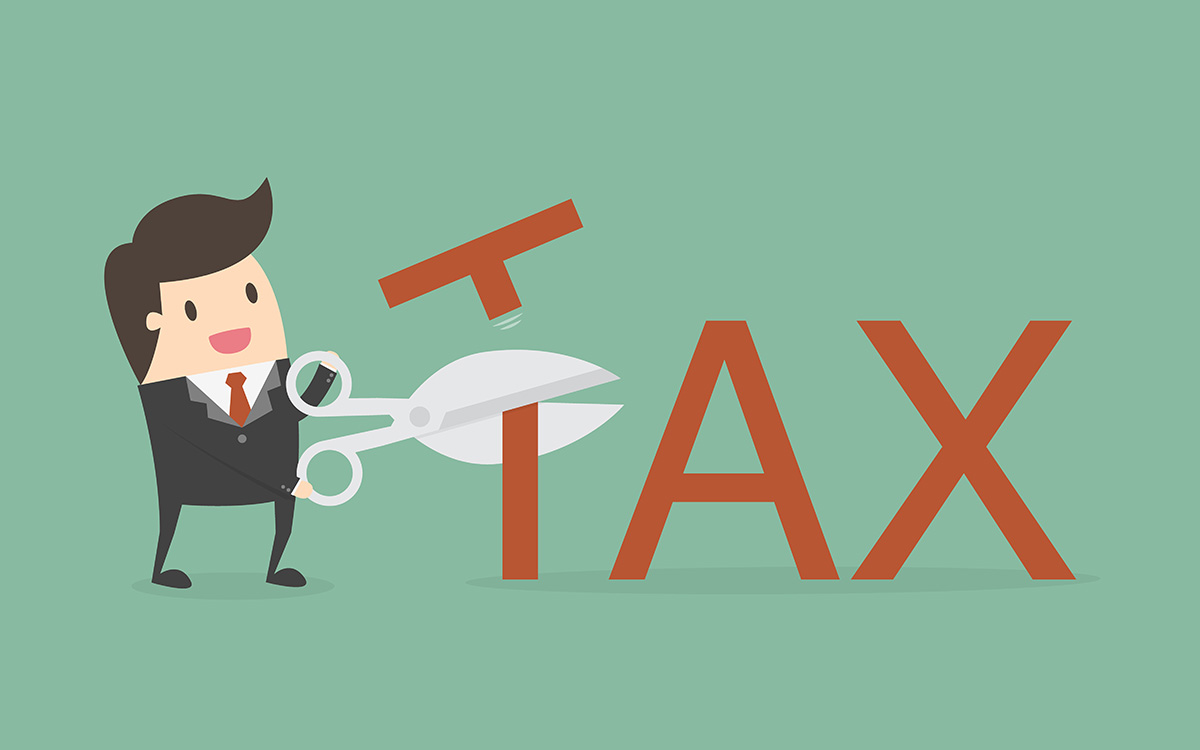Tax Debt Forgiveness | July 10th, 2018![]()
![]()
![]()
IRS Tax Debt Forgiveness: What Are My Options?
Every year, millions of taxpayers find themselves drowning in tax debt, owing an unpayable amount to the Internal Revenue Service. According to the latest tax gap estimates, Americans fail to pay $458 billion a year in taxes.
Because such a large proportion of the population owes the government agency such a huge sum of money, the IRS had to determine a way to collect as much of these back taxes as realistically possible.
Cue the arrival of IRS tax debt forgiveness programs.
These programs are designed to offer new options to taxpayers with delinquent accounts. By setting up a payment plan or settling a debt for a lesser amount, the IRS is able to get as much money as possible, while the taxpayer is given a bit of reprieve from their debt.
Using a resolution program can help you settle your debt and put you on the road to future financial success and security.
Are There Different Types of Tax Debt Forgiveness Programs?
Let’s delve into three types of IRS tax debt forgiveness:
- Installment Agreements
If you can’t afford to pay off your tax debt in one large lump sum, the IRS may allow you to enter an installment agreement. This debt forgiveness option allows you to pay off your debt in monthly installments until your debt is completely paid off—so long as you’re able to do so within a period of 72 months.
In order to be eligible for an installment agreement, you must owe the government agency less than $50,000 in combined income tax, penalties, and interest. You must also be up to date on all of your required tax returns, both past and present.
- Offer in Compromise
If you can’t realistically pay off your debt, the IRS may consider providing you with an offer in compromise. This tax debt forgiveness program allows you to settle your tax liability for less than you actually owe. The settlement amount is determined based on what you’re actually able to pay.
If you do choose to pursue this option, there are three reasons the government agency will typically request your offer:
- 1. Doubt as to Collectability
If you can prove that it’s unlikely you’ll ever be able to pay off your entire tax debt, the IRS may declare “Doubt as to Collectability” on your account. In order to determine this status, the government agency will examine your income and assets extensively.
- 2. Doubt as to Liability
If you believe the IRS has made a mistake, you may prove there is Doubt as to Liability. If you can provide evidence that the assessed tax debt is incorrect due to examiner error, missing information, or newly-available information, the IRS will change your total tax debt to the correct amount.
- 3. Effective Tax Administration
If you can prove that your current life situation prevents you from paying off your debt, or that making these payments would cause undue financial hardship, the government agency might be more willing to accept your offer in compromise request.
- Currently Not Collectible
While this tends to be the rarest, most difficult tax debt forgiveness to qualify for, it’s worth considering Currently Not Collectible status. If the IRS deems your tax debt Currently Not Collectible, they’ll put a pause on your tax debt collections. The only way your account will receive this designation is if you can prove that extenuating life circumstances make it impossible for you to pay your tax debt.
If your account does receive this status, all IRS collection enforcement must cease. During this pause, your personal assets cannot be seized. However, this tax debt forgiveness program does come with drawbacks. If your tax liability is declared Currently Not Collectible, the CSED also pauses. This refers to the period of time during which the IRS can collect from you—currently capped at 10 years under the Statute of Limitations.
How Free Tax Report Can Help with IRS Tax Debt Issues
With FreeTaxReport.com, you can gain insight into your current tax standing and take advantage of expert advice regarding your tax debt and responsibilities. Sign up today for your free tax report summary and get the answers you need to transform your financial future.


